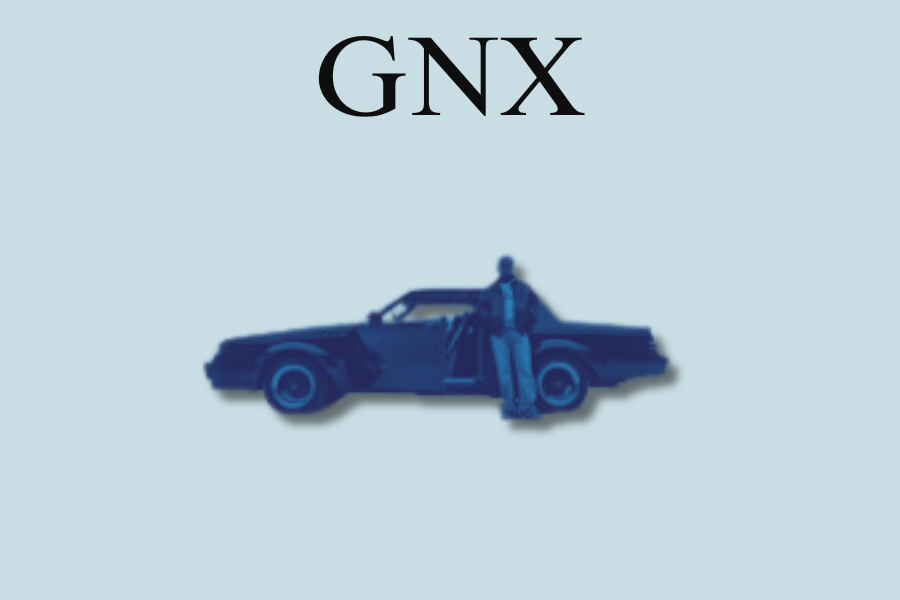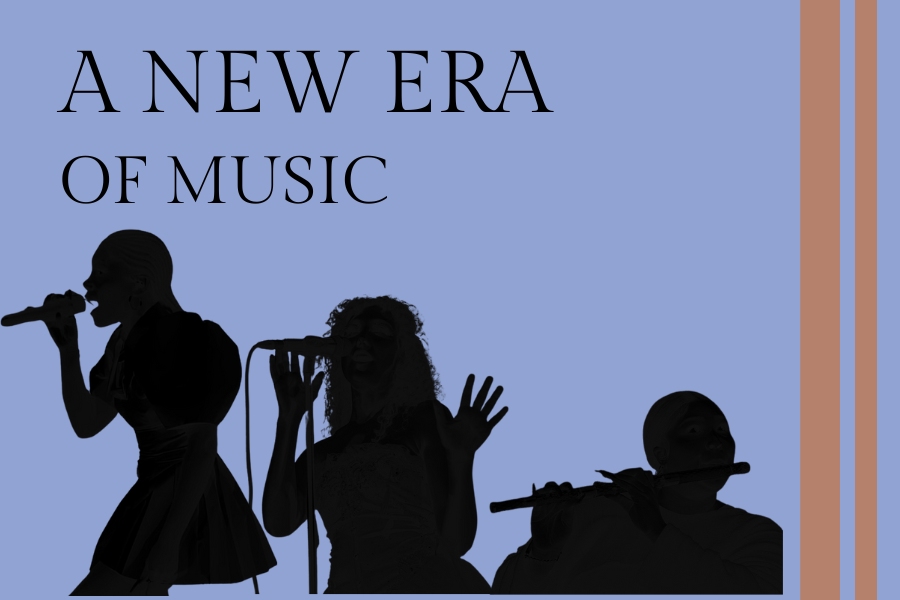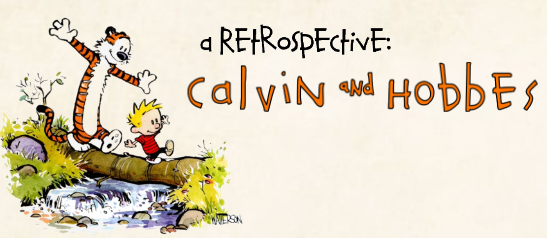Kendrick Lamar’s music has been lauded for its introspective take on the human condition, and ability to cover a myriad of complex issues, including racism, drug addiction, gang violence, and intergenerational trauma. Ever since Lamar’s debut album, Section. 80, in 2011, he has been regarded to be among the most talented musicians of his generation, even winning a Pulitzer Prize in 2017, for his album DAMN. Lamar’s most recent album, GNX, is no exception, receiving loads of praise from critics. In GNX, Lamar focuses on his own ambitions and strength, reinforcing messages seen in songs Lamar released earlier.
The first song of the album, Wacced Out Murals, serves as a testament to Lamar’s dedication to his art, as well as a powerful opening that sets the tone for the rest of the album. The song starts off with the chilling vocals of Deyra Barrera, a Mexican Mariachi singer and musician. Wacced Out Murals goes through mixed reactions to the NFL announcing Lamar to headline the Superbowl’s Halftime Show. The track is gritty, unapologetic, and intense, and shows he has no problems with calling out those who cross him, reflecting a theme shown in many of Lamar’s singles this year. Wacced Out Murals reinforces ideas found in Meet the Grahams, Like That, and Not Like Us, singles released by Lamar earlier this year, all of which serve as passionate call-outs of artists Lamar feels are disingenuous, cowardly, or simply not up to scratch when it comes to quality of music.
The next song, Squabble Up, serves as a more, fast-paced, catchy appeal to listeners, rather than a song who’s main purpose is to tackle some sort of complex social issue. Regardless, Squabble Up’s fast-paced beat and catchy lyrics, complemented by Lamar’s energetic delivery make it a treat to listen to. The track serves as a testament to Lamar’s personal success as an artist, making references to his wealth with lyrics such as “I got hits, I got bucks, I got new paper cuts,” and “Fallin’ from my money tree and it grow’ throughout the months.” Though Squabble Up is one of the less lyrically complex songs throughout the album, it still shows Lamar’s confidence and swagger, traits frequently referred to during the album.
Squabble Up is followed by Luther, a distinct, yet welcome change from previous songs. Backed with the chilling vocals of pop star SZA, Luther’s more soft tone and lyrics make it distinct from other songs on the album, yet equally as compelling. Luther explores romance, a concept that Lamar has touched on frequently in the past on songs like Die Hard and Love. However, this song seems to be a change of pace from Lamar’s last album, Mr. Morale and the Big Steppers, where Lamar focused on issues like infidelity and toxicity. Luther seems to be the exact opposite, reinforcing Kendrick’s love and loyalty for his partner, shown by lyrics like “If this world was mine, I’d take your dreams and make ’em multiply,” and “I might even settle down for you, I’ma show you I’m a pro.”
Luther’s luscious vocals and charming lyrics are followed by Man at the Garden, a surprising change of pace. The track seems to simultaneously both reinforce and contradict past statements by Lamar. It’s an anthem of unapologetic self affirmation, where Lamar lists out all his accomplishments and accolades, claiming that he “deserves it all.” Lamar also calls out critics, saying that it annoys him that the “lames can speak.” Man at the Garden reinforces themes found in singles Lamar released earlier this year, like Not Like Us, and Like That, where Lamar goes on a lyrical rampage against artists he felt disrespect him. However, Man at the Garden also seems to contradict themes found in songs like Savior, where Lamar claims that despite his accolades and achievements, he’s not one to idolize, and U, where Lamar deems himself a traitor and a sellout. Nevertheless, the song’s catchy lyrics and infectious beat make it one of the standout songs on the album.
Luther’s upbeat tone is reinforced by Hey Now, which is another anthem of self affirmation, only this time, far more sinister. The beat is far more fast paced, and the lyrics are far more offensive, rather than defensive. Lamar is no longer saying that he’s the best, but that everyone else is worse, shown by lyrics like “You play God, you gon’ get what you ask for,” and “Layin’ on they deathbed, tryna match me.” Hey Now also features a verse from newcomer Dody6, a California-based rapper. Dody6’s energetic flow serves as the perfect compliment to the track’s already energetic beat.
Lamar continues his aggressive tone on Reincarnated, which explores the lives of past superstars and musicians that experienced fame in their prime, but ultimately succumbed to some vice. Lamar says that those musicians were reincarnated as him. Lamar then reflects on his success, and asks his father, who he’s roleplaying as, if he was able to overcome the flaws of past iterations of him. Lamar’s father then responds that his pride and ego overshadow all of his success. Lamar then reflects on his soul, and what he has done to better himself. The track explores the evils of stardom, a theme that has long been a cornerstone of popular culture and music. Reincarnated proves to be one of the more introspective, layered, and nuanced songs on the album.
Reincarnated is followed by TV Off, one of the more popular songs off the album. Though it is undeniable that the track was made to be one of the more palatable songs off the album, its piercing lyrics make it one of the best songs off the album. TV Off effortlessly weaves Lamar and West Coast newcomer Lefty Gunplay’s lyrics together to create a masterpiece. The song explores inauthenticity in the music industry, calling out other artists for not being genuine, saying “There’s not enough, few solid – left, but it’s not enough.” Lamar presumably seems to be referring to Canadian-born rapper Aubrey “Drake” Graham and his cohorts. Lamar and Drake engaged in a feud earlier this year, releasing several singles verbally attacking each other. In his singles, Lamar frequently pointed to Drake’s lack of character and authenticity, ideas which he further reinforces on TV Off.
Lamar takes a break from his fast-paced, upbeat, self-affirming songs on Dodger Blue, where he features L.A. based rapper Roddy Ricch to create a harmonious and soulful beat. Dodger Blue reinforces themes of self-worth, pride, and extravagance. Though Dodger Blue differs from other songs on the album in terms of melody, it manages to gel well with every other song on the album.
Dodger Blue is followed by Peekaboo, one of the less popular songs off the album. Despite the track not receiving intense fanfare, its powerful lyrics and clever structure make it a treat to listen to. Peekaboo gets its name from constant repetition of the lyric, “peekaboo.” This song is not afraid to be confrontational, and seems to be yet another callout of artists in the industry that Lamar feels are not up to scratch. Despite the somewhat repetitive message, Peekaboo manages to be incredibly powerful.
After Peekaboo is The Heart Pt. 6, a continuation of Lamar’s series The Heart, which spans across multiple albums. The Heart Pt. 6 serves a special place on the album, especially after Lamar’s peer and rival, Drake, released a song titled The Heart Part 6, during a public feud with Lamar in May. In Lamar’s version, he reflects over past relationships, and his early years as a musician with his old label Top Dawg Entertainment. In this song, Lamar explores his growth as a person, and gives advice to younger musicians.
The Heart Pt. 6 is followed by the album’s titular song, stylized gnx. In gnx, Lamar continues his streak of writing songs with confrontational, emboldened, and powerful lyrics. Lamar features up-and-coming artists Peysoh, Hitta J3, and YoungThreat, to create yet another anthem of self-love and power. Throughout gnx, Lamar alludes to engaging in violence with his rivals, which is common in many of Lamar’s songs. However, it seems as if the threats of violence are more metaphorical. Lamar’s calls to violence don’t seem like actual threats, rather a metaphor for how his piercing lyrics have the potential to end the musical careers of those who cross him.
Lastly is Gloria. Lamar features SZA and Deyra Barrera yet again to create a wonderful close to the album. Lamar speaks about his relationship with a girl, presumably his wife, during his teenage years and young adulthood. Lamar speaks about his toxic traits and the pair’s intense love. Lamar concludes that despite his flawed personality, he loves the girl intensely, closing the song with the lyrics “Gloria, I wanna take you to euphoria.”
GNX proves to be a work of art, and is yet another demonstration of Lamar’s lyrical and vocal range. Lamar’s frequent references to his own power, self-worth, and personal growth serve as a major transition from past songs. Nevertheless, the transition is a welcome change from past songs. GNX is fresh, exciting, and leaves listeners waiting for more.
















Vee • Dec 18, 2024 at 1:53 pm
i love the way you wrote this article! it’s so descriptive and accurate.